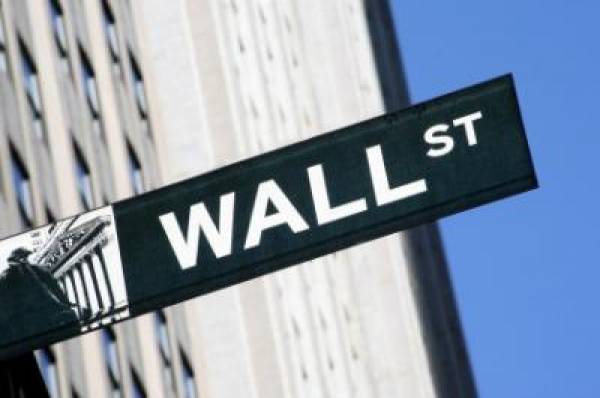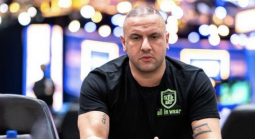How Internet Gambling is Keeping Wall Street Rich

Using skills honed on the Street, he's turned poker into just one more exotic financial transaction. Now, though, instead of commuting to midtown Manhattan in a suit, he flies to Las Vegas for million-dollar tournaments or sits at home in boxer shorts, playing five online tables simultaneously. "Some friends have told me that my greatest trade ever was Lehman for poker," Pahuja says. "Other people act kind of snide about the fact that I gamble for a living. I shrug it off and tell them that I must be doing okay since I'm not one of the guys out there looking for a job. I'm making more money at poker than I could make on Wall Street right now."
It's not just the recently unemployed who've moved from monitoring interest-rate fluctuations on Bloomberg terminals to searching out games on Full Tilt-it's guys who still have jobs but are looking to make up for the shortfall in their once-hefty bonuses. One hedge-fund trader, who competes under the name chosenpromise, is compensating for a withered paycheck by playing high-stakes Texas Hold'em. "There is not as much immediate upside on Wall Street as there used to be," he says. "After things got bad I upped my poker hours significantly."
Though some ex-Wall Streeters prefer taking risks with other people's money, Pahuja enjoys putting his own on the line, believing that playing poker taps into his entrepreneurial side. Besides, with their shared reliance on probability, psychology, and swagger, playing the market and playing cards have always been two sides of the same coin. And in an era when an entire cohort of Ph.D.-level quants have been discredited as speculative fools, risking next month's car payment on a bluff seems like a perfectly reasonable application of statistical expertise. "More than ever before, I'm seeing a lot of my guys playing online poker," says Jin Zeng Joshi, a vice president at Dynamics Associates, a Manhattan-based executive-recruiting firm that focuses on the financial industry.
The perceived correlation between playing cards and trading stocks is so strong that when the markets were booming some managers even looked favorably on potential employees with poker chops. Trainees at the investment firm Susquehanna International Group are given Getting the Best of It, a book on gambling technique by David Sklansky, as assigned reading. On the other hand, Wall Street skill sets are hardly guaranteed to be transferable; the wolves of Vegas are more than happy to take on players from mathematical and financial backgrounds. Chosenpromise, who's the most seasoned of the players interviewed for this story, considers a million hands played to be the test of time. He's hit that number and has emerged as a big winner.
The high odds against major-league success haven't dampened the enthusiasm of 26-year-old Dante Conti. He recognized the parallels between the game and money management soon after his division got axed from Bank of America's Los Angeles office early this year. Looking to unwind after the trauma of being fired, he went to Las Vegas for a weekend. A couple of his friends are professional poker players, and Conti took notice. "Poker seems easy compared to investment banking," he says. "Reading people's betting styles and knowing what to do against them, it all came to me pretty naturally."
Conti spent the next few weeks playing $500 single-table poker tournaments for three to five hours a night, and developed a winning habit. He's found a new job in finance, but continues to play online poker at night. "Weirdly," he says, "considering all that's happened, there seems to be way less uncertainty in poker than there is on Wall Street."













